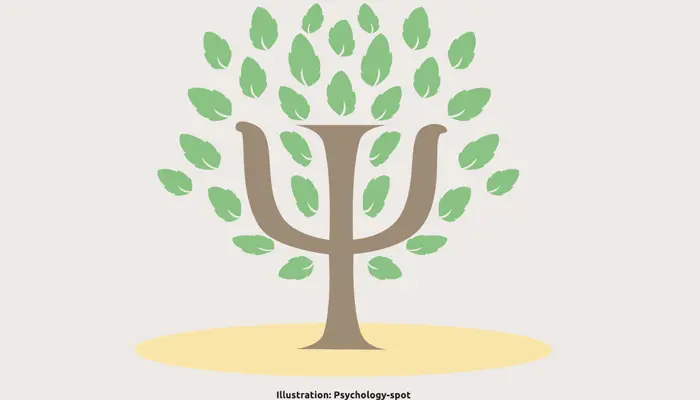
Surfing the web as curious as I am as well as from the relationships I established with so many college students, I noticed a question that is repeated continually: What is Psychology? Of course, it’s a good question, people recognize their ignorance and want to find an answer. On the other hand, others assert that psychology is: “to take care of the crazy ones” or “to guess what people think”. The few times I recognized to be a psychologist with an unknown person normally resulted as if I could read his mind or as if I’d possess a supernatural power that can change his life in a blink of an eye. Neither one nor the other.
When I started the career me too had a somewhat inadequate concept of what would have been my profession. Thus, when the first day I went enthusiastic to pick up books of the first half of the year I was: What a disappointment! I returned with my hands full of books of History, Philosophy, History of Philosophy, Neurology and a book of General Psychology which revealed its secrets only the third year of the career. That was the way: no Parapsychology, zero Extraverbal Communication and don’t even think about Psychotherapy in the early years.
But returning to the central question: if you ask any psychologist what is psychology and what he’s studying, probably you’ll receive quite diverse answers depending of the branches of Psychology with which he identifies himself. Thus, many may say that the object of study of psychology is the behavior, the unconscious, activity, consciousness and also some assert that the unit of analysis is the group. The truth is that none goes misguided.
Psychology is a science that studies, essentially, the human psyche, but … the psyche is also the result of the interaction of the individual with others (this is why there’s a whole psychology devoted to the study of human groups), it is a result of the relationship with the physical body (which is why there is also the Neuropsychology and more recently Psichoncology, the Psichoimmunology…). Then, the psyche is expressed through the activity of the persons, their behavior, so the behavioral analysis is a way to understand the human being. But the person is also expressing in his failed acts, in his dreams, in his forgetfulness … so Psychoanalysis is gaining strength.
Psychology studies how arises (then it becomes mandatory learning some basic of the animal behavior and neurology) and develops the human psyche. But examines also how this psyche gets sick, it means the psychopathological processes.
Then, starting from its subject matter may be deduced its fields. Probably the best known is the Clinical Psychology or the Health once, full of well known psychoses such as dementia, neurosis, stress, depression, anxiety, developmental disorders … Then we find the Psychology of Education, responsible for analyzing, understanding and improving the teaching-learning process, not only that which occurs in the classroom but also the learning that occurs in informal groups like the group of friends or the family.
Today’s educational psychologists carry most of the weight in research about human-computer-internet connection. There is a Psychology of Work that takes care of improving the productivity of workers and then appear the well known concepts of: work environment, organizational structure, chain of command, leadership… Then, little by little it has been growing the Psychology of Marketing, responsible for conducting market research, determine the characteristics of a target to which a product is addressed. It is responsible for the use of color, size and style of lettering, location of phrases and general assistance for the design of logos and slogan.
All this can be done assuming a psychological branch or another, whether as a behavioral, a psychoanalyst, humanistic or cognitive.
Today, most universities try to provide the broadest possible training regarding psychological currents as well as about the application areas. This way, when the professional graduates has broader employment opportunities and choices of what fundamental current to choose for developing the psychological practice range.



